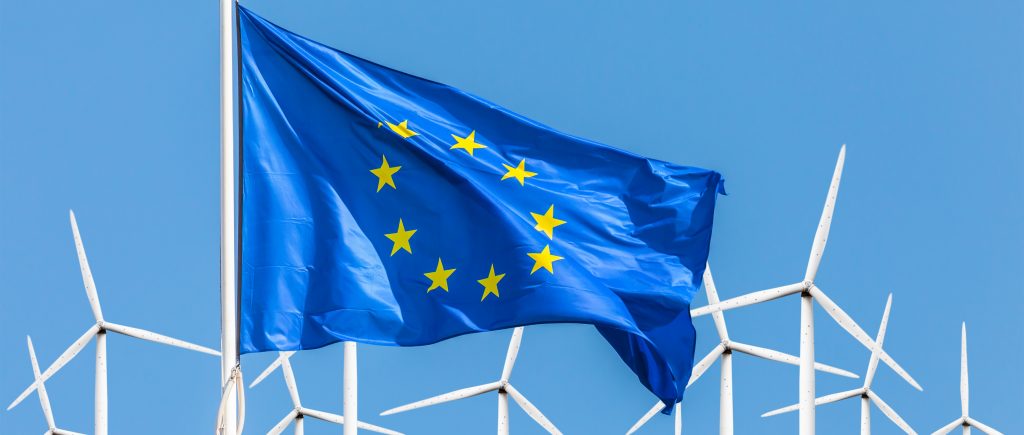European stocks gained on Thursday, continuing the positive momentum from Wall Street, though caution persisted as investors awaited the release of the crucial U.S. jobs report later in the day.
Trade Optimism Drives European Equity Markets
At 03:05 ET (07:05 GMT), the pan-European STOXX 600 index rose by 0.3%, with Germany’s DAX up 0.4%, France’s CAC 40 gaining 0.3%, and the UK’s FTSE 100 increasing by 0.5%.
The gains in European equities were supported by optimism over trade talks between the U.S. and other global powers. The S&P 500 and NASDAQ Composite in the U.S. both hit record highs overnight, bolstered by President Donald Trump’s announcement that the U.S. had reached a trade agreement with Vietnam. While the specifics of the deal remain unclear, it has generated optimism that more trade agreements will be signed before the looming July 9 deadline.
Trump’s recent trade agreement with China had already lifted market sentiment, with the U.S. administration lifting restrictions on chip design software sales to China. The European Commission, which is negotiating on behalf of the EU, is expected to hold meetings with the Trump administration this week to discuss future trade agreements.
U.S. Payrolls Report in Focus
While European markets remained positive, all eyes are now on the release of the U.S. payrolls report, which is expected to be the day’s key economic data release. Analysts are forecasting an increase of 110,000 jobs in June, a drop from the previous month’s 139,000, with the jobless rate anticipated to tick up to 4.3%. However, there is a possibility of a weaker-than-expected number, given the first decline in private sector payrolls in over two years, as reported earlier this week.
The resilience of the U.S. labor market has been one of the key factors allowing the Federal Reserve to hold off on cutting interest rates. While the market currently sees a 25% probability of a rate cut in July, a weak jobs report could push these odds significantly higher.
Political Turmoil in the UK
Meanwhile, investors are also monitoring political developments in the U.K., where political uncertainty has increased following a sharp rise in gilt yields. The spike in yields was triggered by investor anxiety over Britain’s finances after the government reversed a decision on welfare reforms. U.K. Chancellor Rachel Reeves’ visibly emotional reaction in Parliament has sparked further concerns. Prime Minister Keir Starmer expressed his full support for Reeves, but the political situation remains fluid, adding a layer of uncertainty for the market.
Corporate Earnings: Currys and Watches Of Switzerland Beat Expectations
In corporate news, British electronics retailer Currys reported stronger-than-expected annual results, driven by solid sales growth and tight cost control. The company managed to offset inflationary pressures and higher wage costs, reinforcing investor confidence.
Watches of Switzerland also posted impressive results, with U.S. business revenue surpassing the $1 billion mark for the first time. The British luxury retailer projected full-year revenue growth of 6% to 10%, driven by strong consumer demand.
Oil Prices Retreat After Inventory Build and OPEC+ Meeting Expectations
Oil prices dipped on Thursday after a strong rally the previous day, as an unexpected increase in U.S. inventories raised concerns about fuel demand heading into the summer season. At 03:05 ET, Brent crude futures were down 0.8% at $68.58 a barrel, while U.S. West Texas Intermediate crude futures fell 0.8% to $66.90 a barrel.
Both oil benchmarks had gained around 3% on Wednesday, reaching their highest levels in a week after Iran suspended cooperation with the U.N. nuclear watchdog, reigniting concerns that tensions in the Middle East could disrupt oil supply.
However, government data on U.S. oil inventories revealed an unexpected increase of 3.85 million barrels last week, highlighting concerns about the strength of fuel demand during the summer driving season. Additionally, OPEC+, the coalition of major oil producers, is expected to announce an increase in output by 411,000 barrels per day in August during their weekend meeting, further adding pressure on prices.
In conclusion, European markets are showing resilience on the back of trade optimism, while attention shifts to the U.S. jobs report and global oil market developments. With political and economic uncertainties in the U.K., ongoing trade negotiations in the U.S., and rising oil supply expectations, investors are proceeding cautiously in the face of multiple factors shaping market direction.
 Noor Trends News, Technical Analysis, Educational Tools and Recommendations
Noor Trends News, Technical Analysis, Educational Tools and Recommendations





